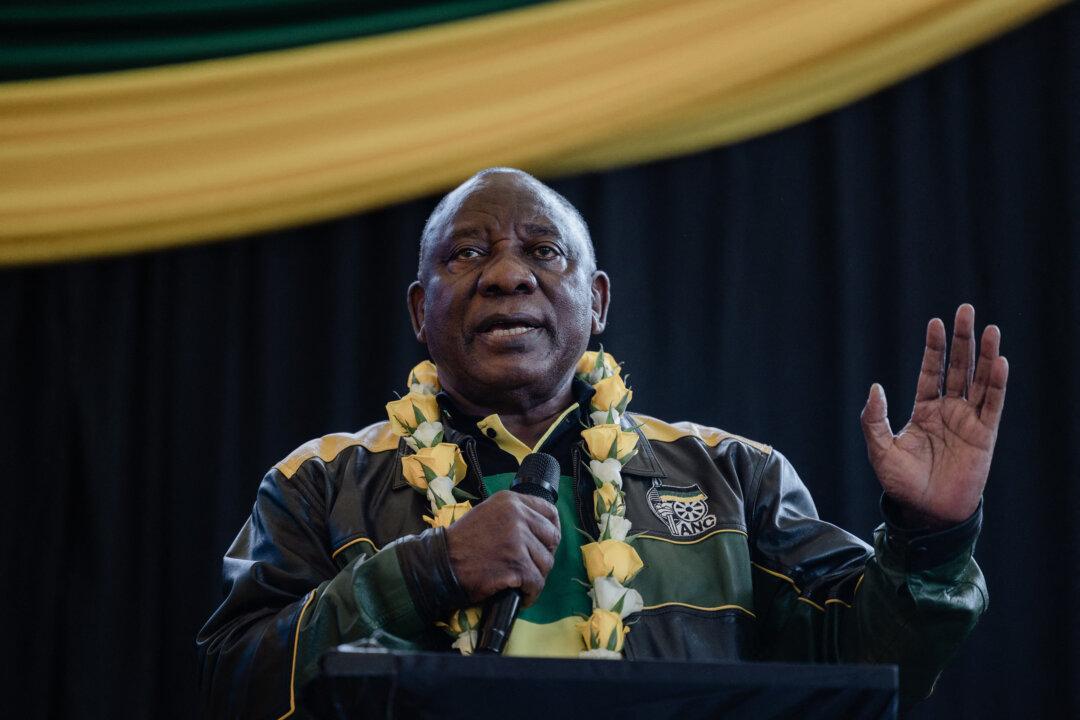JOHANNESBURG—In terms of ideology and constitutional principles, South Africa’s governing African National Congress (ANC) and Russian President Vladimir Putin’s United Russia Party (URP) couldn’t be further apart, according to analysts.
South Africa, because of the ANC, has one of the most liberal constitutions in the world, and in 2006, it became the first, and so far only, African country to legalize same-sex marriage. Adults in the country are legally permitted to consume cannabis, as long as it’s in private.





